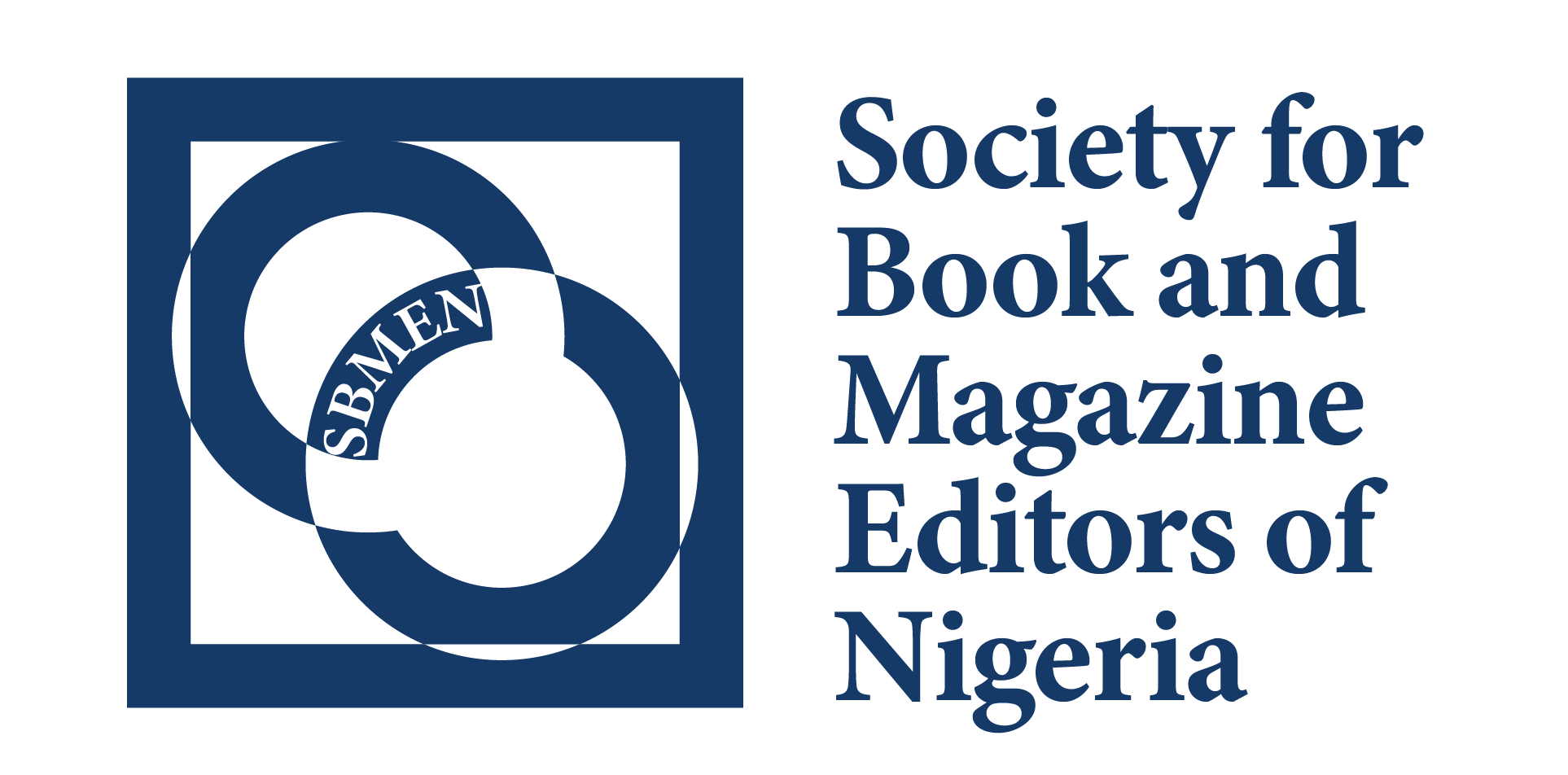What Editors Do
Who Is An Editor?
An editor is a professional who loves words, is a discerning reader and has the skills to polish text (in the form of a manuscript, essay, press release, ad copy or web content) meant for publication in an efficient way to appeal to her target audience. Editors can be found in the different facets of traditional publishing: books, education and magazine. They play a big role in publications, standing in the bridge between the writer and the reader by helping writers get their message across in a clear and tasteful way.
Editors in Unconventional Fields
Editors can be found in non-conventional fields. They may not officially bear the title, but they do similar work that editors do. If they oversee gathering, polishing and disseminating information or content in a corporate organisation, institution or small business, then they are de-facto editors.
Duties of An Editor
An editor is usually the first point of contact for any content before it is published. She prepares the story or article by ensuring that it is structured logically, and the style and language are right and consistent. She ensures the grammar and spellings are correct. Also, she eliminates any ambiguity and simplifies technical or specialist jargon for clarity. Furthermore, she provides creative direction to place images appropriately. In some cases, the editor may ghostwrite content where the work requires heavy revision or restructuring. Overall, it is the editor’s responsibility to ensure that the work is appealing to the publisher/client and audience.
Editing as A Career Path
The editing profession is an easy entry profession. It draws people in the creative industry and unrelated fields. To explore the profession as a career, individuals must consider the following:
- Qualifications: There is no restriction, many people start their editing careers from different starting points. Some individuals may have degrees in Publishing, Linguistics, Literature, English, Journalism, Writing, and others come into the profession from unrelated fields.
- Flexibility: Editors can be self-employed and work as freelancers or they can be career editors and work full time in a publishing outfit. They can also work a full time job and moonlight as an editor on the side. There are flexible options to enjoy the benefits of being an editor and earn an income.
- Earning power: Editors are specialists in language and the written word. Their skills are always in high demand. Remuneration for editors varies depending on the sector they work in; however, they can earn substantial income depending on their skills, training, expertise and experience. SBMEN intends to work on standardising baseline rates for editors in Nigeria.
- Education and training: All clients and employers value experience and training in the people that they hire, but there are few formal training programmes for editors in Nigeria. Therefore, people with degrees in English, Literature, Communications and Journalism by default use their knowledge to serve as editors. However, being an editor requires knowing more than the subjects studied in the university, it also involves a high level of technical skill and knowledge in broad subjects. Editors who invest in training and education are guaranteed to increase their proficiency to a professional level and gain recognition in the field. In addition, editors who go further to get accredited build a solid reputation and command highly competitive fees. For publishers and other related industries, it builds a competitive and qualified workforce.
Skills of a Good Editor
- Communication skills: Editors must be able to communicate well. They must be able to express their views concisely in both oral and written forms without being confrontational. They must also be able to write well and have a good knowledge of grammar and syntax.
- Social skills: Editors must be aware of the personalities of the different people they work with. They must be professional when handling queries with civility and tact, can listen to others’ views and not impose theirs, know how to collaborate and be good team players.
- Critical thinking skills: Editors must be able to evaluate and judge the quality of a piece of writing at first glance. They must be able to find its essence, determine an appropriate editorial direction to improve it, offer constructive suggestions and prepare it to a high standard publication that appeals to an audience.
- Meticulous: Editorial work is repetitive and tedious, and editors must be methodical and meticulous in their approach to produce quality. They must be creative, curious, well read and knowledgeable in broad range of topics. They must also have an eye for detail, know the use of a style guide and other technical conventions of editing.
- Organisational skills: Editors must be good managers of time. They must be able to organise their schedules, prioritise the important things, and meet deadlines. This increases the credibility and reputation of the editor.
Types of Editorial Work
Editors can provide three levels of editing services essential in producing a high-quality publication:
- Developmental editing: (sometimes called structural editing) aims to ensure that the structure, content, language, style in a story or article are suitable for its intended purpose and readership. It involves significant rewriting or restructuring of ideas.
- Copyediting: aims to achieve accuracy, clarity and consistency in a story or article. It involves checking the readability of the content, consistent logic and correct use of syntax, grammar and punctuation.
- Proofreading: Proofreading is the final check in the stage of production. It involves ensuring that all mechanics are in place, spellings and punctuation errors are being deleted, sentences are complete and the document conforms to publishing standards.


